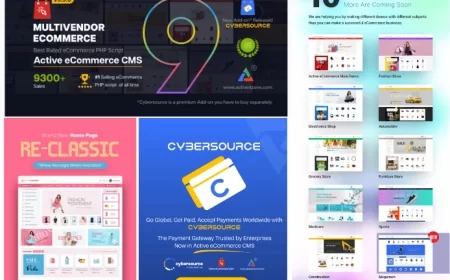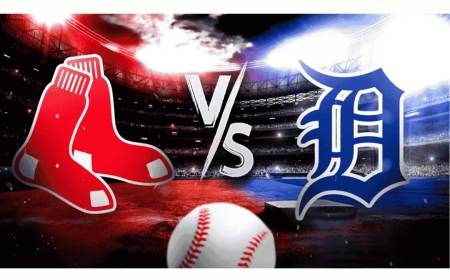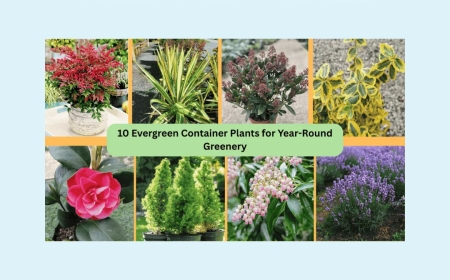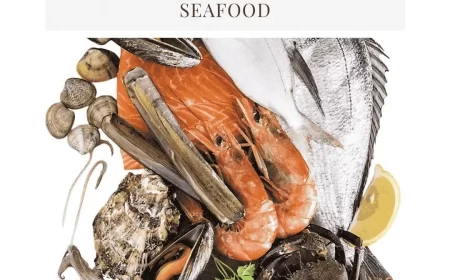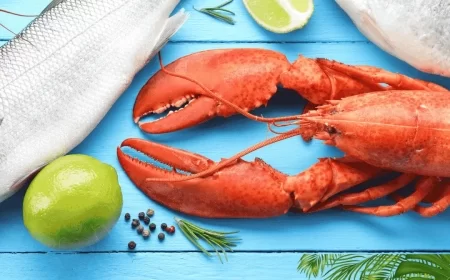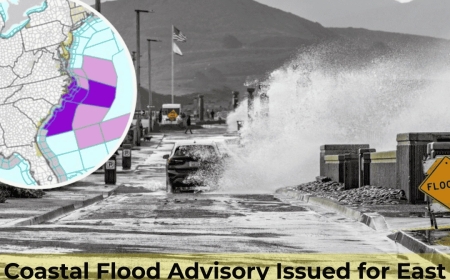The Ultimate Guide to Seafood
Explore the rich world of seafood—from health benefits and popular varieties to sustainability practices and delicious recipes. This comprehensive guide covers everything you need to know about including seafood in your diet and choosing the best options.
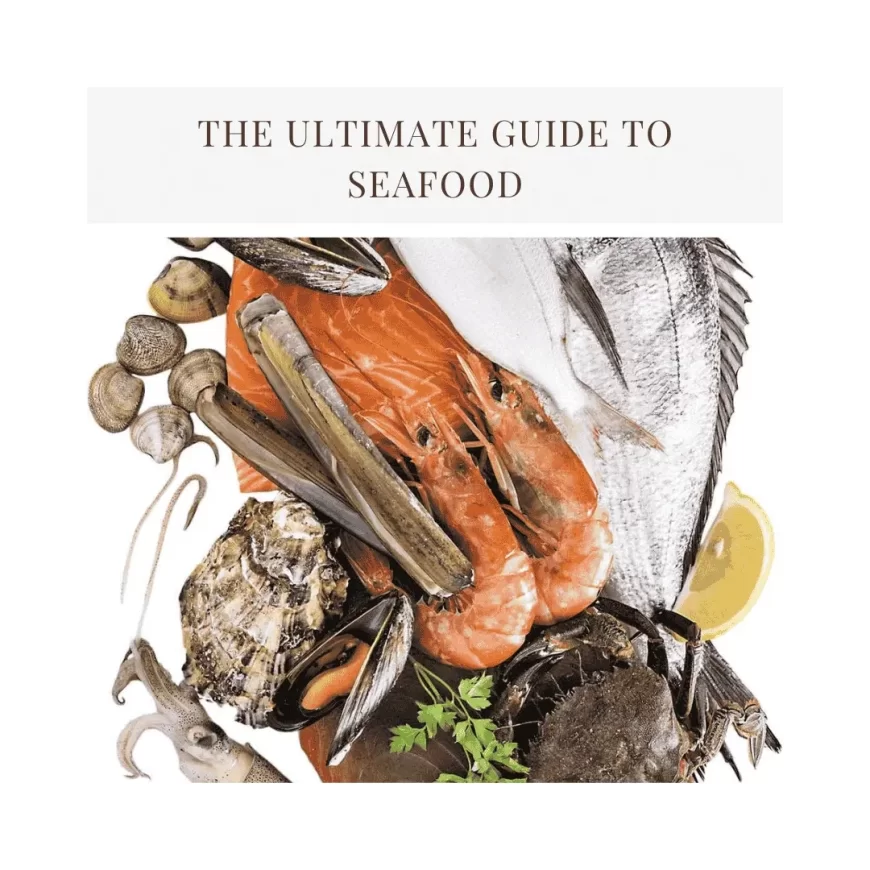
Seafood has been a staple in human diets for thousands of years. From the sparkling shores of the Mediterranean to bustling fish markets in Asia, the ocean has long been a source of nourishment, culture, and tradition. But seafood is much more than just food—it’s a powerful nutritional resource, a culinary canvas, and a vital part of global ecosystems.
Whether you’re a seafood connoisseur or someone curious to start including more fish in your meals, this all-inclusive guide dives deep into everything you need to know about seafood.
🐠 Chapter 1: Understanding Seafood – What’s Included?
Seafood is a broad category that includes:
Fish
-
Fatty Fish: Salmon, mackerel, sardines, tuna – high in omega-3 fatty acids
-
Lean Fish: Cod, haddock, pollock – low in fat, high in protein
Shellfish
-
Crustaceans: Shrimp, crab, lobster
-
Mollusks: Clams, mussels, oysters, scallops
-
Cephalopods: Squid and octopus
Each type offers unique textures, flavors, and health benefits, making seafood one of the most diverse protein sources on Earth.
💪 Chapter 2: Health Benefits of Eating Seafood
Seafood is often called "brain food" and for good reason. It’s loaded with essential nutrients that promote overall health:
✅ Rich in Omega-3 Fatty Acids
-
Helps reduce inflammation
-
Improves heart health
-
Supports cognitive function and brain development
✅ High-Quality Protein
-
Easily digestible
-
Supports muscle growth and repair
✅ Packed with Micronutrients
-
Vitamins D and B12
-
Selenium, iodine, and zinc
✅ Promotes Eye, Skin, and Bone Health
Omega-3s and vitamin D contribute to healthier skin, stronger bones, and better eyesight.
🌍 Chapter 3: Sustainability and Ethical Fishing
Sustainability is a growing concern in the world of seafood. Overfishing, habitat destruction, and bycatch (unintended catch) are all issues impacting marine ecosystems.
✅ How to Choose Sustainable Seafood
-
Look for eco-labels like MSC (Marine Stewardship Council) or ASC (Aquaculture Stewardship Council)
-
Use the Monterey Bay Aquarium’s Seafood Watch app
-
Buy local, seasonal seafood to reduce environmental impact
✅ Farmed vs Wild-Caught
-
Wild-caught: Often tastier but can be affected by overfishing
-
Farm-raised: Can be sustainable if done responsibly
🛒 Chapter 4: How to Select Fresh Seafood
Here’s how to choose high-quality seafood, whether you're at a market or grocery store:
🐟 For Fresh Fish:
-
Should smell like the ocean, not fishy
-
Eyes should be clear and bulging
-
Flesh should be firm and moist
-
Gills should be bright red or pink, not gray or slimy
🦐 For Shellfish:
-
Shells should be closed tightly
-
Live shellfish should react when touched
-
No strong ammonia smell
❄️ For Frozen Seafood:
-
Avoid ice crystals or freezer burn
-
Ensure packaging is airtight and intact
🍽️ Chapter 5: Popular Seafood Dishes Around the World
Seafood is a cornerstone of many global cuisines. Here are some iconic dishes:
🍣 Japan: Sushi & Sashimi
Raw fish prepared with rice, wasabi, and seaweed. Tuna, salmon, and eel are common.
🥘 Spain: Paella de Marisco
A saffron rice dish packed with shrimp, mussels, clams, and squid.
🦐 USA: Shrimp and Grits
A Southern classic with creamy cornmeal and spicy sautéed shrimp.
🐟 Greece: Grilled Whole Fish
Sea bass or snapper, simply grilled with olive oil, lemon, and herbs.
🍲 Thailand: Tom Yum Goong
A spicy, sour shrimp soup with lemongrass, galangal, and lime leaves.
👩🍳 Chapter 6: Easy and Delicious Seafood Recipes
Want to cook seafood at home? Here are some beginner-friendly and tasty ideas:
🍤 Garlic Butter Shrimp
Quick sauté with garlic, lemon, and parsley. Serve over rice or pasta.
🐠 Baked Salmon with Herbs
Drizzle salmon fillets with olive oil, top with rosemary and thyme, and bake for 15-20 minutes.
🐚 Steamed Mussels in White Wine
Cook mussels with garlic, onions, white wine, and herbs. Serve with crusty bread.
🐟 Fish Tacos
Use grilled or battered fish with slaw, lime crema, and tortillas.
🍛 Seafood Curry
Cook shrimp, scallops, or fish in a coconut milk-based curry sauce with vegetables.
⚠️ Chapter 7: Safety and Allergy Concerns
While seafood is nutritious, it’s important to be aware of:
🧪 Mercury Content
-
High: Shark, swordfish, king mackerel, tilefish
-
Low: Salmon, sardines, trout, haddock
⚠️ Seafood Allergies
Shellfish is one of the most common allergens. Reactions can range from mild to severe, so caution is advised.
🍽️ Proper Storage
-
Store fresh seafood at 32°F (0°C)
-
Cook seafood within 1-2 days of purchase
-
Freeze if not used immediately
🧠 Final Thoughts: Make Seafood a Part of Your Lifestyle
Seafood is more than just food—it's a lifestyle. With so many types, cooking methods, and health benefits, it’s easy to see why seafood is celebrated worldwide. Whether you're preparing a salmon fillet for dinner or exploring new cuisines with shellfish, there's always something new to discover.
Eat wisely, buy sustainably, and savor the flavors of the sea.
💬 What’s Next?
-
Try cooking a new seafood recipe this week
-
Explore your local fish market
-
Learn about ocean sustainability and how your choices matter
What's Your Reaction?
 Like
0
Like
0
 Dislike
0
Dislike
0
 Love
0
Love
0
 Funny
0
Funny
0
 Angry
0
Angry
0
 Sad
0
Sad
0
 Wow
0
Wow
0
